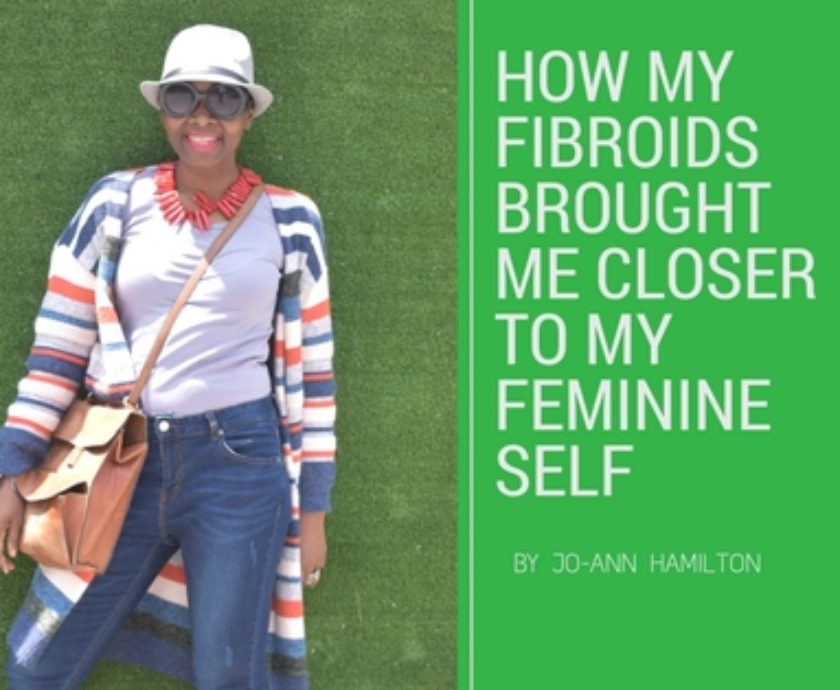In October, we launched our Fibroids Ask the Expert, a resource that aims to provide anyone with a question or concern about fibroids with accurate reliable information from an expert in the field. Since its launch, we have received a number of really interesting questions which our experts have been delighted to answer. We thought it would be useful to share some of the questions and the answers with you. So, this week’s blog is a fibroids Q&A.
Question: “How much are fibroids are likely to shrink after menopause?”
Answer: “Fibroids may shrink after menopause, but not always. There have been reports of fibroids shrinking by 50% after menopause and that symptoms improve or disappear completely after menopause. This isn’t an instant process though and our understanding is that if shrinkage occurs it is usually gradual.”
Question: “My sister was diagnosed with fibroids one being 11cm, is that large?”
Answer: “A fibroid of 11cm is on the large side. Fibroids can vary in size from as small as a coin (about 2cm) to as large as a watermelon (about 19cm).”
Question: “Would Doctors consider the use of proteolytic enzymes as a part of the fibroid shrinking protocol?”
Answer: “Proteolytic enzymes have the potential to “shrink” fibroids, however, to answer your question, a doctor’s protocol is relative to his/her academic training. If the physician has been trained in biomedical sciences, he/she are less likely to promote this approach, unless perhaps to assist in decreasing the fibroid size prior to surgical intervention. Nonetheless, there have been no major studies conducted that support a significant impact between proteolytic enzymes and fibroid shrinkage. This is just another reason medical doctors may be less likely to support this protocol. Naturopathic or homoeopathic doctors would be more inclined to consider proteolytic enzymes in addition to other forms of treatment to address fibroids, however, this decision needs to be made in consultation with your selected physician.”
Those are just a selection of some of the questions we have received. If you have a question about fibroids, no matter what, please do submit it here or email us












